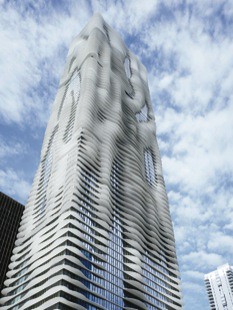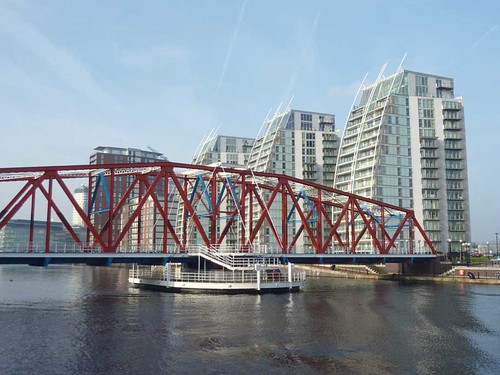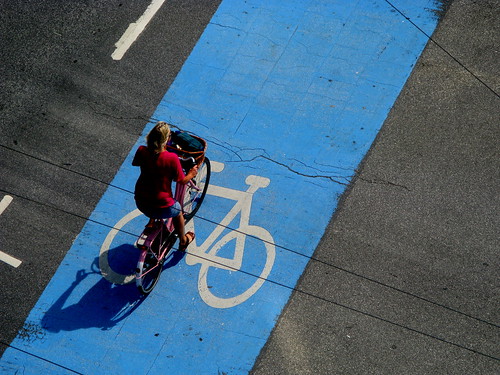Dewsbury regeneration effort together with Kirklees Council
Dewsbury is located in the Leeds city region. The town was once an important textile-producing centre
in the United Kingdom.
The town is set in picturesque Pennine valleys and industrial waterways and has an attractive
architectural legacy. In close vicinity to major metropolitan centres, Dewsbury can boost excellent
rail-network links to Manchester, Leeds and Manchester International Airport.
However, Dewsbury has not yet been able to recover from the shock of de-industrialisation that caused a
massive decline in manufacturing jobs during the last decades of the 20th century. The town’s
population suffers from relative deprivation including low skill levels, unemployment, poverty and high
levels of disability and mental health issues.
Recent negative headlines (the Karen Matthews, terrorist links) further blackened the town’s image in
the national eye.
The Dewsbury challenge has two aims:
1) Develop marketing strategies to raise Dewsbury’s image,
2) Improve the quality of public space to create a platform for intercultural communication.
www.kirklees.gov.uk




